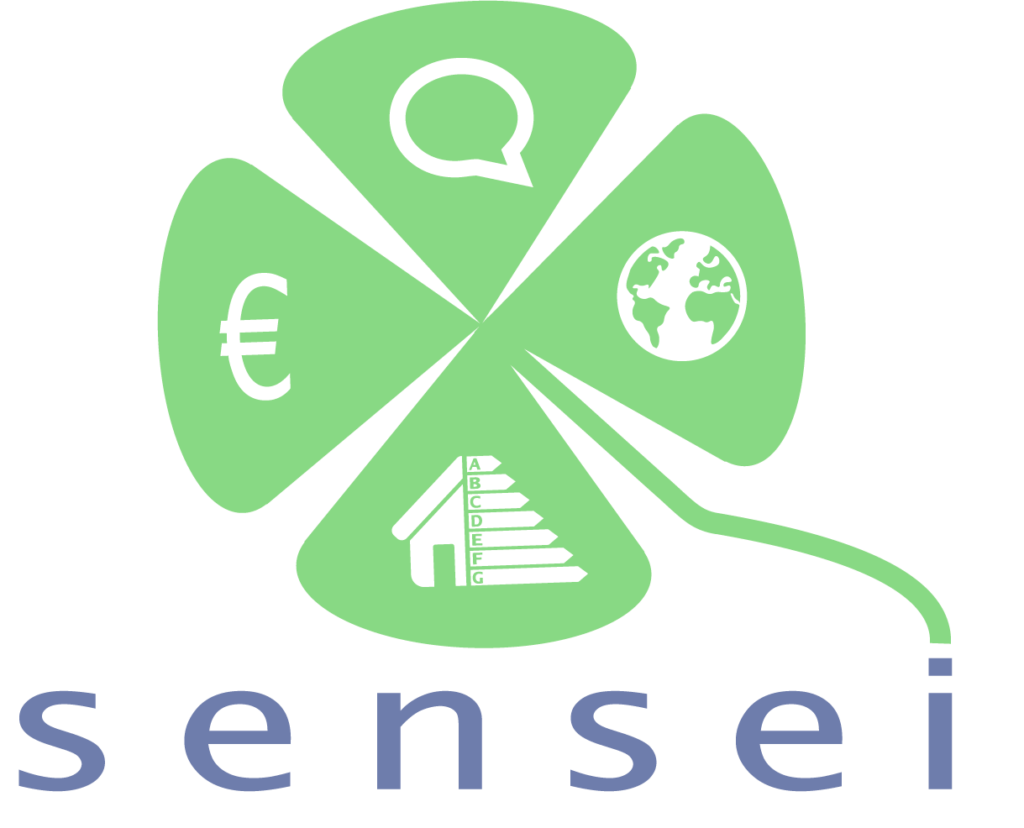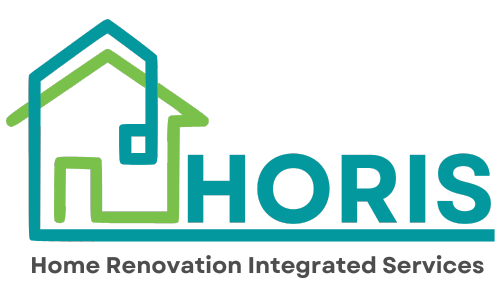Hit enter to search or ESC to closes
Renewables
Renewable energy resources commonly used for building applications include solar, wind, geothermal, and biomass. They have a key role to play in moving towards a carbon-neutral future, ensuring energy independency and security as well as an infinite source of energy.
Publications
How to meaningfully engage the public in energy infrastructure projects
Impact assessment of case studies - Assessing the impacts of public engagement in energy infrastructure projects
Best practices for reaching out to tenants in the Private Rented Sector (PRS)
Good practices in quantifying split incentives in the private rented sector
The missing tool in tackling energy poverty: empowering renewable energy communities in the energy crisis mitigation
Briefing - Towards energy aware behaviours: how studies on young generations can inform better policy design
Keywords
Tools


Engage4Energy interactive tool
Based on year-long research, including methodologies on literature review, the assessment of 98 cases, interviews with experienced professionals and exchanges with experts, RGI and IEECP have developed the Engage4Energy Guidelines for citizens, developers and policymakers on meaningful engagement in energy infrastructure projects. The interactive tool aims at providing guidance for the user, tailored to their specific context.
The customised recommendations follow a general structure based on four key principles: early engagement, transparency, inclusiveness and trust.
They also offer specific actions to implement meaningful engagement through three levels: information sharing, consultation and empowerment. Lastly, the user has access to an inspiring example that showcases how engagement can be led in a meaningful way.
We hope to continuously update the tool. Don’t hesitate to get in touch with Diana Süsser at [email protected], should you have any suggestions for improvement.



Self-assessment tool - Supporting the development of cooperative/community bioenergy projects
Earlier studies realised by BECoop, a project funded by the Horizon 2020 programme, showed that the knowledge and acceptance of biofuel varies from region to region in Europe, making it an untapped source of renewable energy compared to other sources such as solar or wind. To ensure bioenergy’s market expansion –with high potential for replacing fossil fuelled heat-, tools are needed to support market players: BECoop released its self-assessment tool.
Designed for non-specialised, non-experienced users seeking to assess the current state of a cooperative/community bioenergy project, the tool supports various users (provider, facility operators, RESCoops, local/regional authorities, and more) by providing an evaluation methodology, a set of indicators, metrics, definitions and technical as well as business recommendations, after they answer few questions on the resources available, the activity that best represent their initiative, and more. A spider web rating visualises the final results.
To allow the several market actors involved become (bio)energy producers, the BECoop self-assessment tool supports communities in getting prepared to tap the full bioenergy market potential, making them aware of the potential held by their projects. Users can assess the current status and future potential of community bioenergy, revealing and better understanding the gaps, maturity levels for the adoption of bioenergy heating, their level of community engagement, as well as the complexity of the existing framework for procurement and policy design. Users can select the type of biomass resources available – agricultural, forestry, agro-industrial, biomass from urban parks and garden management, and finally wet biomass-, the activity they want to implement and answer few questions. Their answers will help define the level of user engagement, the technical, business and financial solution maturity, as well as the social and environmental impact. Recommended actions appear when the user has answered all questions, guiding them to supporting resources and a score will be assigned depending on the option chosen, building in a graphical output (a spider-net) the project outcomes.
Users can access all BECoop tools with a single login, such as the e-market environment, supporting stakeholders when developing a community bioenergy project and defining the required services and activities for supporting their own cases and the future Knowledge Exchange Platform, a one-stop-shop lifting collaboration barriers across regions and sectors to share information and knowledge, available soon.
Developed within the framework of the BECoop project.




(Bio)energy communities toolkit
Developed by CIRCE – Centro Tecnológico, this online repository gathers in a single place existing open-source tools useful for the energy communities and bioenergy sectors.
The library allows project owners to identify them more easily, navigate through them and understand which ones best fit their needs. It supports developers and operators of community bioenergy and heating projects with 4 categories of tools, and a direct link to all BECoop tools.
Spot something missing? Contact us!
Introduction to the tool
Developed within the framework of the BECoop project.



Knowledge exchange platform - (Bio)energy communities
The Knowledge Exchange Platform is a one-stop-shop lifting collaboration barriers across regions and sectors to share information and knowledge. The platform will have both digital and physical presence and:
- Creates an easy-to-access repository of knowledge, tools and services in the field of community bioenergy heating.
- Acts as an observatory/atlas of bioenergy community cases (and community energy cases with high potential to include bioenergy), technologies and service providers.
- Offers a digital space for fostering cross-regional networking, dialogue and knowledge exchange among community bioenergy actors.
Developed within the framework of the BECoop project.




Measuring retrofit performance across portfolios of buildings with eensight
A next generation energy efficiency meter named eensight was created by SENSEI. The eensight tool is based on machine learning and will contribute to the much-needed advancement of the automated measurement and verification (M&V) methods for portfolios of buildings’ energy efficiency and provide essential insights for investors, legislators, building owners and energy companies to realise their goals. eensight is essentially an automated meter for energy savings. A key ingredient for the digitalisation of the energy efficiency-related activities.
Developed by the H2020 SENSEI project.


Related Projects

RE-WITCH The coolest cold from the cleanest heat

Keywords

HORIS A digital OSS empowering renovating homeowners to choose the right measures, professionals and financial support mechanisms

Keywords

Public Engagement for Energy Infrastructure


newTRENDs Recognizing and modeling the influence of new social trends on energy needs demand

Keywords

NUDGE Nudging consumers towards energy efficiency through behavioural science

Keywords
News
Events
VAT: NL855739198B01

